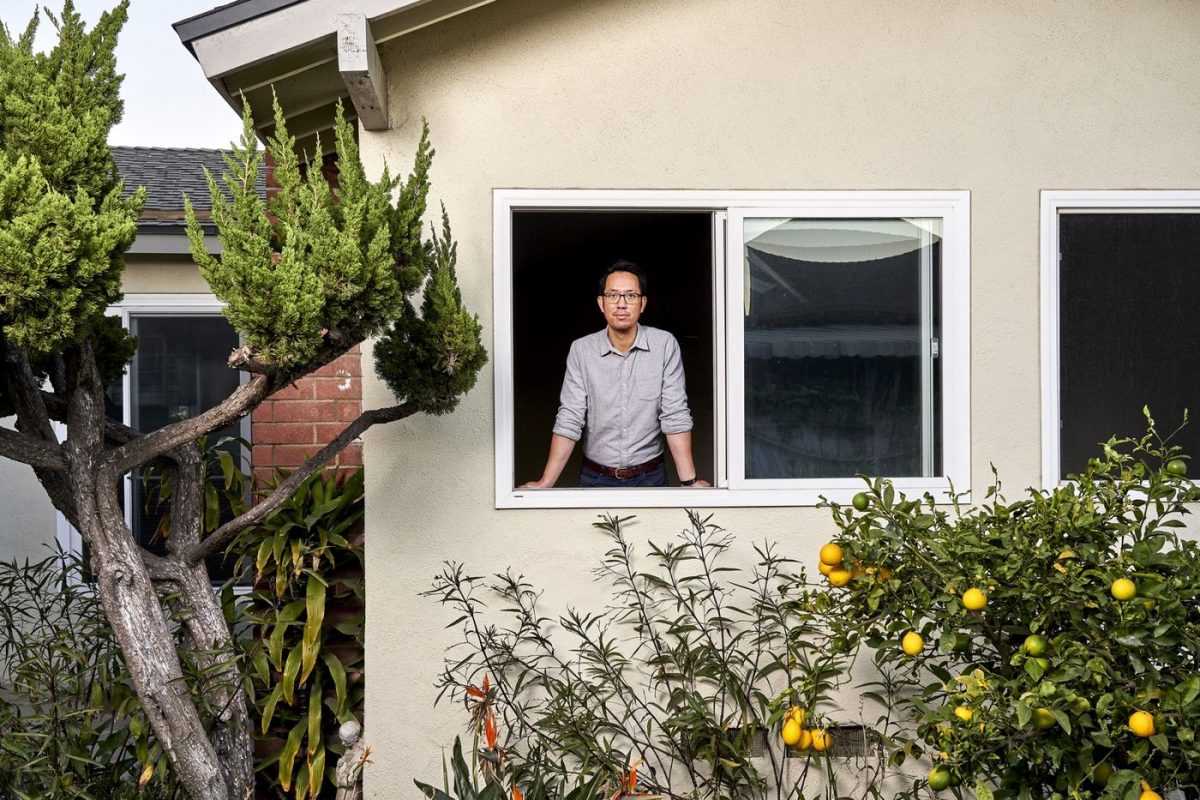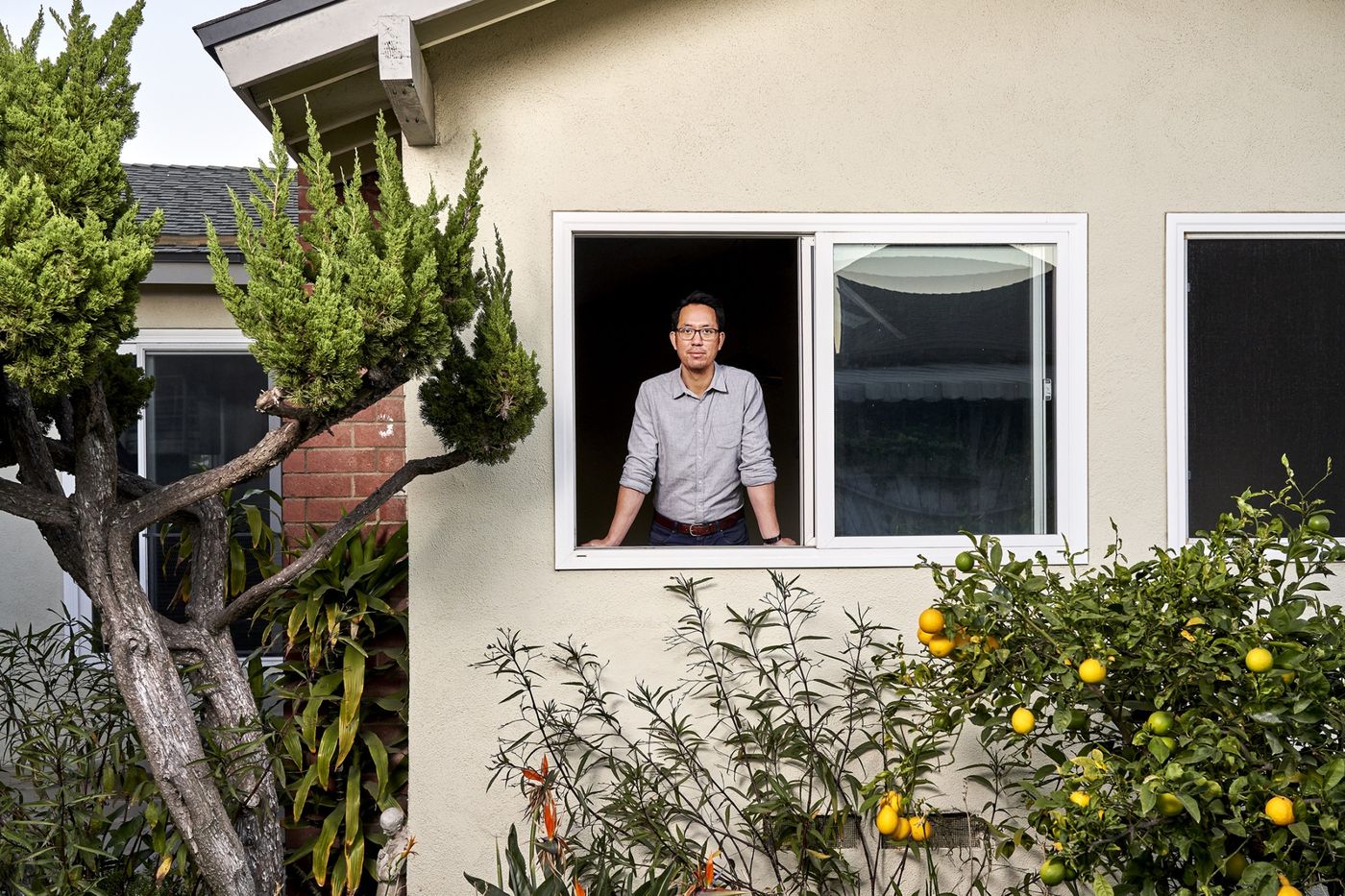The Daily Ten – Opendoor’s expensive path to profitability, Elon Musk tried to sell Tesla to Apple, the move to digital is a boon for Data Centers…

The Daily Ten
1. Opendoor Faces an Expensive Path to Profitability in Real Estate | Bloomberg
The startup, which hopes to simplify how houses are bought and sold, is still feeling around for a way to stop bleeding money.
The startup Opendoor raised billions of dollars by convincing investors it would reshape the U.S. housing market to work better for consumers. Sure enough, its method of high-volume house flipping has proved popular with home sellers and inspired copycats throughout the industry, paving the way for it to go public through a merger with a special purpose acquisition company. But before it can declare success, the company needs to stop bleeding cash.
Opendoor, whose shares increased 5.9% on its first day of trading on Dec. 21, is built around the premise that many people who want to sell their homes will be willing to accept a smaller profit if offered a quick transaction that allows them to avoid hiring a broker, opening their houses to and haggling with strangers, and waiting weeks for their buyer’s mortgage to be approved. The company uses algorithms to come up with an offer within hours and, if the owner accepts, buys the home, makes light repairs, and puts it back on the market. Unlike traditional flippers, Opendoor isn’t trying to buy low and sell high but seeks to profit by charging sellers a fee—usually a 6% to 9% commission—for simplifying the process.
None of that is easy. From the minute the average couple buys a home they’re constantly calculating how much they’ll make when they eventually sell it, and most won’t settle for much less once that day comes. Opendoor has to estimate both how much a home will be worth in a few months and how long the resale process will take. The second part is crucial, because interest payments, property taxes, and insurance premiums accrue as long as it holds on to a property.
Opendoor’s profit margin was less than 1% on homes sold in 2019, a figure that includes interest expense but not the salaries of the people who build the price algorithms or the cost of the ad campaigns it uses to woo sellers. The company has completed 80,000 transactions over the past six years and lost $989 million over the same period. “The narrative that Opendoor is pitching is this digital utopia for buying and selling houses,” says Mike DelPrete, a real estate tech strategist who’s studied the company. “They’re pretty good at what they do, and they’re losing a lot of money.”
2. Goldman Unit Makes New Push Into Real Estate With Stake in Sale-Leaseback Firm | WSJ
Oak Street Real Estate Capital is considering expanding its reach now that it has the lender’s backing
A Goldman Sachs Group Inc. unit that buys stakes in alternative investment managers has made its latest push into the real-estate industry by investing in a firm that acquires stores, warehouses and other properties from big companies and then leases them back.
The unit, Petershill, in November purchased a minority stake in Oak Street Real Estate Capital LLC, which has raised over $6.5 billion since launching in 2009. Oak Street’s funds have purchased hundreds of stores, warehouses and office buildings sold and leased back by companies such as Walgreens Boots Alliance Inc. and Big Lots Inc.
The size of the stake and the price paid by Goldman weren’t disclosed, but the deal valued Oak Street at $2 billion, according to people familiar with the matter.
Since Petershill was founded in 2007, it has invested over $8 billion for stakes in more than 32 investment managers. Other real-estate firms in Petershill’s portfolio include Westbrook Partners and Slate Asset Management.
3. SEC charges cryptocurrency firm Ripple and two execs with conducting $1.3 billion unregistered securities offering | CNBC
The Securities and Exchange Commission filed charges Tuesday against Ripple, the fintech company best known for cryptocurrency XRP, and two of its executives, for allegedly violating investor protection laws.
The SEC alleged that Ripple, co-founder Christian Larsen and CEO Bradley Garlinghouse, raised more than $1.3 billion through an unregistered securities offering.
“We allege that Ripple, Larsen, and Garlinghouse failed to register their ongoing offer and sale of billions of XRP to retail investors, which deprived potential purchasers of adequate disclosures about XRP and Ripple’s business and other important long-standing protections that are fundamental to our robust public market system,” Stephanie Avakian, director of the SEC’s Enforcement Division, said in a press release.
Garlinghouse had expected a lawsuit to be filed before Christmas. In a statement late Monday, he said the expected SEC’s suit was “fundamentally wrong as a matter of law and fact” and questioned its timing.
4. Elon Musk says Apple refused a meeting to acquire Tesla | The Verge
He considered selling during Model 3 ‘production hell’ in 2017, but Tim Cook wouldn’t talk
Elon Musk said Tuesday that he wanted to sell Tesla to Apple during the “darkest days” of the Model 3 rollout but that CEO Tim Cook “refused” to take the meeting.
Musk dished about the proffer in response to a tweet about how Apple has reportedly reignited its desire to make and sell an electric, autonomous vehicle. He noted that Tesla was worth about one-tenth then what it is now, as the electric vehicle company rounds out a remarkable year where a meteoric stock price run turned it into the most valuable automaker on the planet. Of course, in 2017 Tesla was still hemorrhaging money and had not yet produced an electric vehicle at high volume.
Musk has previously said that Tesla was “single-digit weeks” away from collapse in 2017 as he directed all of the company’s resources toward ramping up production of the Model 3 sedan. Tesla ultimately survived, and has since gone on to roll out the Model Y SUV and announce new vehicles like the Cybertruck.
5. SoftBank launches $525 million SPAC to invest in robot ‘revolution’ | New York Post
WeWork owner SoftBank is ramping up its investments in artificial intelligence — a move that appears to be tied to its eccentric founder’s obsession with robots taking over the earth.
The Japanese conglomerate disclosed plans late Monday to raise $525 million to acquire a private company and take it public via a popular type of publicly traded shell entity known as a special-purpose acquisition company, or SPAC.
The money raised will be used to target a company in the artificial intelligence space, SoftBank said.
“For the past 40 years, SoftBank has invested ahead of major technology shifts. Now, we believe the AI revolution has arrived,” the company said in regulatory filings outlining the plan.
SoftBank’s founder and chief Masayoshi Son has long been open about his belief in “The Singularity,” a futuristic theory that predicts robots will one day gain a sentient superintelligence, which stands to shake up life as we know it, including through major job losses.
6. Chinese autonomous driving startup WeRide bags $200M in funding | TechCrunch
WeRide, one of China’s most-funded startups developing autonomous driving capabilities, said on Wednesday that it has raised a $200 million strategic round from Chinese bus maker Yutong.
Mega investments aren’t uncommon at companies like WeRide developing the next-generation level 4 driving standard, which denotes that the car can handle the majority of driving situations independently without human intervention.
WeRide did not disclose its valuation for this round, which is the first tranche of its Series B round, a company spokesperson told TechCrunch.
The new funding will see WeRide joining hands with Yutong, a 57-year-old company, to make autonomous driving minibusses and city buses as well as work on R&D, vehicle platforms and mobility services together. The partners have already jointly developed a front-loaded driverless minibus for mass-production. The model, which comes without a steering wheel, accelerator or brakes, is designed for operating in urban open roads, said WeRide.
Alliance Ventures, the strategic venture capital arm of Renault-Nissan-Mitsubishi, became WeRide’s strategic investor in 2018 following the completion of the startup’s Series A round, which was partially funded by the Chinese facial recognition giant SenseTime.
7. Our Digital Lives Drive a Brick-and-Mortar Boom in Data Centers | The New York Times
Developers and investors see more opportunities in commercial real estate as businesses and consumers gobble up more data.
The shift to digital work and play from home, hastened by the pandemic, has wreaked havoc on commercial real estate. But experts say it has also generated one surprising bright spot for the industry: data centers.
The growing reliance on cloud-based technology — and the big, blocky buildings that house its hardware — has created greater opportunities for developers and investors as businesses and consumers gobble up more data in a world that has become increasingly connected.
“Our houses are connected, our cars are connected, our streetlights and parking meters are connected, and every single one of those connections is passing data back and forth,” said Sean O’Hara, president of the exchange-traded funds division at Pacer Financial, an investment advisory firm in Malvern, Pa.
And companies that provide data storage are preparing for even greater demand as new technologies like 5G and artificial intelligence become more widely used.
8. New York Luxury Real Estate Could Be a Bargain in 2021 | Bloomberg
As prices continue to sink, buyers will have more options than ever
Judging by the last quarter of 2020, New York’s luxury real estate market should enter 2021 with confidence.
Sales of homes that cost more than $4 million were a little above those of the same three months in 2019, says Donna Olshan, president of luxury real estate broker Olshan Realty. “Now, some of that has to do with demand that was never met, because we lost the most important quarter—the spring,” she says.
But the tick upward is also, she says, “because most of these sales are [to] New Yorkers, or from the New York metro area, betting on the home team. They are getting Covid-19 discounts, they’re looking at the long-term prospects of New York, and they’re buying.”
As the city looks toward next year, the known unknowns loom large. The timeline of the vaccine rollouts is opaque. A proposed pied-à-terre tax, dreaded by everyone in the industry, remains possible. And the economic futures of the city, the country, and the world are up in the air.
But the city’s luxury residential market has enough momentum to make experts feel comfortable making some conditional predictions.
9. Tesla mania vs. economic reality | Axios
Tesla is now more valuable than the combination of the world’s top seven traditional auto makers, despite only delivering half a million cars this year.
Why it matters: Anyone searching for evidence that the stock market and the real economy are not the same thing, should look no further.
Tesla’s frenzied ride in the capital markets culminated on Monday in the company being the largest entrant ever be included in the S&P 500, the main benchmark stock index.
Tesla’s true believers are not paying for actual performance, but they are betting on Elon Musk as a visionary and the potential upside in the still nascent electric vehicle market.
10. ‘Escape pods’ from SpaceX, Airbnb, Tesla alumni are sci-fi inspired for campers | Fox Business Network
Pre-orders are now being sold for $99 down
High and low tech are set to cross paths in the Great Outdoors in the form of new, $17,500 outdoor shelters, dubbed “prefab urban escape pods, from a startup called Jupe.
“Jupe is an out-of-this-city getaway inspired by out-of-this-world ideas,” the Los Angeles-based company’s co-founder and CEO Jeff Wilson said in a statement late last week.
Jupe said its design and construction came from a team of former SpaceX, Tesla and Airbnb employees. Its design was inspired in part from “2001: A Space Odyssey, according to Wilson,” and its name is shorthand for the planet Jupiter.
The units consist of aluminum frames, birch wood-tile flooring and a canvas enclosure – resulting in something that looks more like a shuttle from “Star Trek’ than a traditional camper or RV. The 111-square-foot enclosure comes with 31 cubic feet of storage in containers built into the floor.


